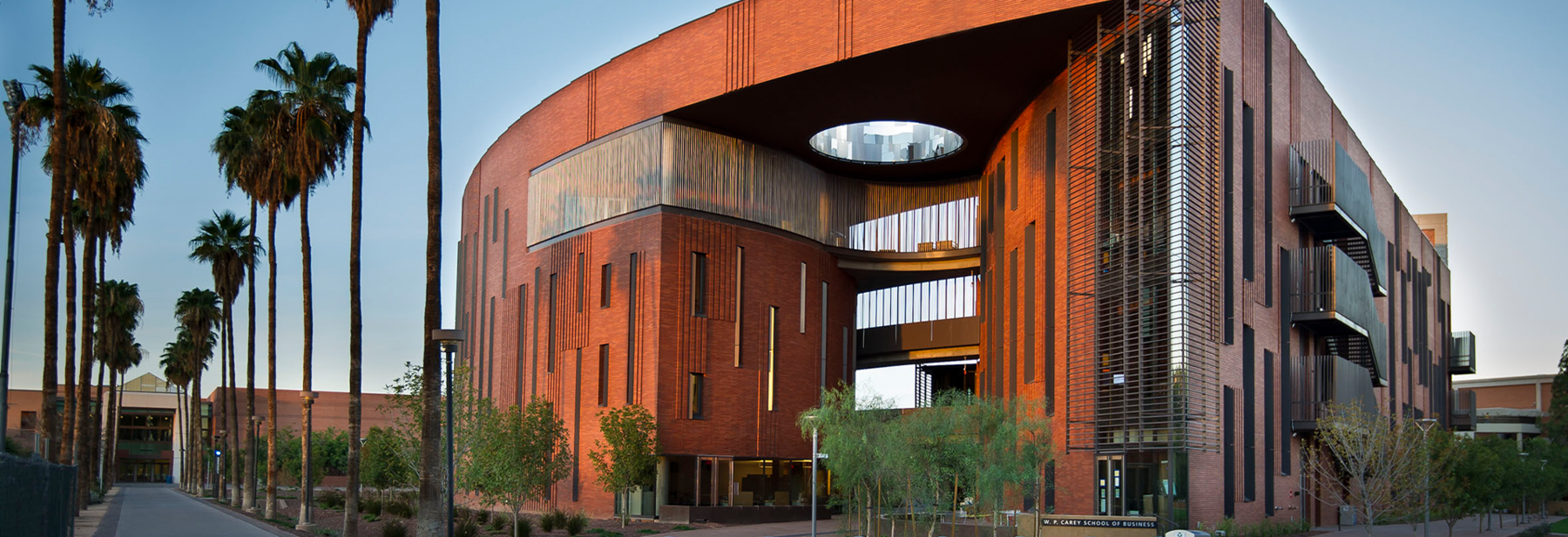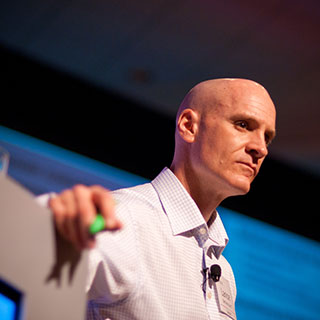
Service Innovation – The Experience Is Not Enough

I just got off a flight from Indianapolis to Chicago. Checking my email, I see a survey from American Airlines. They want to know: “How was the flight experience?” I’m on a flight right now from Chicago to Montreal. Guess what will be in my email inbox when I arrive?
As a consumer, like you, I am inundated with satisfaction and service quality surveys. Get a repair done. Get a survey. Have a meal. Get a survey. Stay at a hotel. Get a survey. Many companies have clearly bought into the idea that it’s important to get feedback from customers on the service experience.
Though I applaud the effort to get customer insights, there is a problem with using such insights to guide meaningful service innovation. And many companies do just that.
While customer satisfaction and service quality initiatives seem to be customer-centric, their fundamental weakness for guiding service innovation is that they seek to answer questions that are actually company-centric: How are we doing? How did our solution perform? In contrast, true service innovation and true customer centricity requires getting insight into different questions entirely. To the customer, we must ask: How are you doing? How well were you able to achieve your goals?
This is more than just semantics. When the questions we ask customers anchor around a current experience, the insights we get will be constrained by how things are done today. This provides an important perspective for improving the service we already offer, but it is insufficient for gaining insight into new service opportunities.
And here’s why: No one hires your bank, your lawn care service, your consulting, or any other service you offer so they can have a good experience. Rather, we hire a bank to help us buy a home. We hire a lawn care service to get rid of weeds. And we hire consultants to make better decisions. A nice experience is the icing, but it’s not the cake!
The cake is the customer job-to-be-done. It’s the fundamental goal a customer is trying to accomplish or a problem they are trying to resolve when they buy, use, or otherwise rely on your service. It’s the reason you are in business. As such, it must be the primary focus to guide meaningful service innovation.
Consider how this plays out in practice. An online travel agency such as Expedia might field a survey that gets customer ratings of ease of website navigation, the speed that pages load, appearance of the website, and the amount of available information, along with a half dozen other aspects of the customer experience. The problem is that these aspects of the experience are not tied to the reason travelers hire an online travel service. As such, the best they can do is support incremental improvements in how things are done today: return search results faster, make the site more attractive, and so on.
The reason travelers hire an online travel agency –the job for which the service is hired– is to make travel arrangements. The very fact that this job can be done without the use of a website is a key indicator that the experience attributes in a typical survey are insufficient to guide service innovation.
With a focus on this customer job, the insights we seek from customers are very different, and much more helpful to service innovation. We can now get customer inputs on solution-independent needs the traveler has when making travel arrangements.
As shown in the table, for example, travelers want to spend little time reviewing flight options that don’t meet their needs, be aware of potential issues with a flight option such as cancellations and delays, ensure that a comfortable seat is available before choosing a specific flight, and quickly determine which flight is best based on individual preferences for airline, flight time, connections, and so on. Unlike customer experience needs, the service innovation possibilities for helping the customer better satisfy job-focused needs are limited only by company creativity and the value they deliver.
|
Solution-focused |
Job-focused |
|
Ease of website navigation |
Spend little time reviewing options that don’t meet needs, such as connections with a high probability of delay |
|
Appearance of the website |
Being aware of potential issues with a flight option such as cancellations and delays |
|
Amount of available information |
Ensuring that a comfortable seat is available before choosing a specific flight |
|
The speed that pages load |
Quickly determining which flight is best based on preferences for airline, duration, connections, and so on |
A focus on the customer job for which your product or service is hired is the basis for redirecting attention away from how things are done today –including the customer experience– to the value customers are really seeking. In other words, a focus on the customer job enables a company to ask the most fundamental questions that should guide service innovation: How well is the customer able to get their job done? and How might we be able to help?
___________________
Lance A. Bettencourt, PhD, is a service innovation consultant and speaker with many of the world’s leading companies. He is the author of Service Innovation (McGraw-Hill 2010) and several papers on service and innovation best practices in Harvard Business Review, MIT Sloan Management Review, California Management Review, and others.
Lance Bettencourt will be speaking at the annual Compete Through Service Symposium on November 6, 2014. He will be discussing service innovation in one of the breakout sessions. You can hear him speak and enjoy the rest of the symposium by registering to attend. Please click here for more information.
Note: All content within this website is the property of Center for Services Leadership. Any use of materials, except for social media sharing, without the prior written consent of Center for Services Leadership is strictly prohibited.